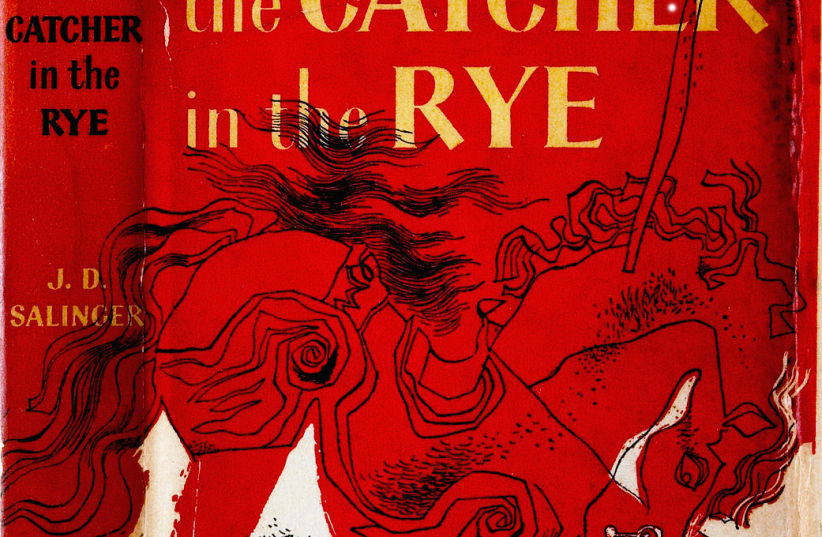Fans of J. D. Salinger, the writer whose works include The Catcher in the Rye, the classic novel which inspired a passionate following, have two reasons to rejoice this week: His son, Matthew Salinger, announced that his father’s books will be published digitally for the first time, and that his father’s unpublished works will also soon be published.Salinger, whose father was Jewish and who had a Jewish upbringing, ceased publishing – but not writing – in 1965. He passed away at the age of 91 in 2010. His daughter Margaret and a former girlfriend, Joyce Maynard, both said that he wrote virtually every day at his New Hampshire home, but chose not to publish his work. Following his death, his admirers hoped that this unpublished writing would soon see the light of day. He also refused to allow many of his stories that were published in magazines during his lifetime to be collected in book form, suing to stop publication of one such collection. The only stories he permitted to be collected in book form were in Nine Stories, published in 1953. All of Salinger's previously published books will now become available digitally from publisher Little, Brown : The Catcher in the Rye, Nine Stories, Franny and Zooey, and the single volume featuring two novellas: Raise High the Roof Beam, Carpenters and Seymour: An Introduction.
In an interview at the New York Public Library, which was reported in The New York Times, Matthew Salinger said he realized that it was time to publish his father’s work digitally when he saw how many young people around the world only read books on their phones and devices. Preparing his father’s manuscripts for publication, many of which were handwritten, has been a huge task. “It’s kept him very much alive for me,” the younger Salinger said at the interview. “It’s been fascinating and joyful, and moving and sad.”Salinger, a recluse who refused almost all interview requests, served in combat in World War II on D-Day, and in the Battle of the Bulge and the Battle of Hürtgen Forest. He was hospitalized for what was described as combat stress. Some have speculated that his traumatic war experiences may have contributed to his desire for solitude later in life. His son would not say how many unpublished books his father had written, but did confirm that some were about the Glass family, a fictional clan he wrote about in several stories and novellas.J. D. Salinger’s books going digital, unpublished works to be released
Son realized the time had come since young only read books on their devices
